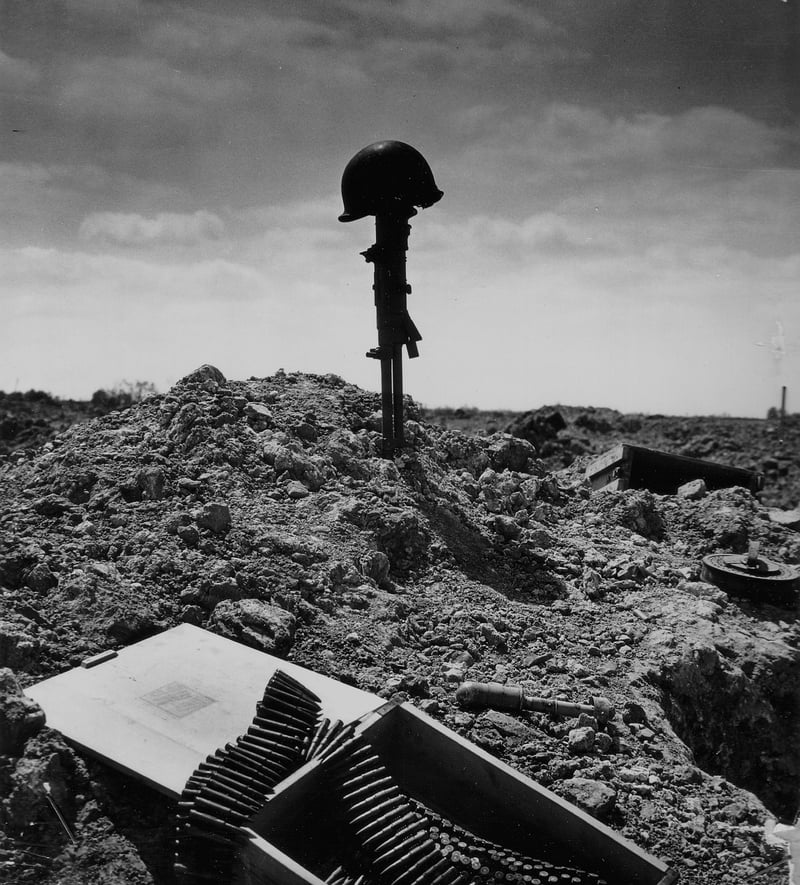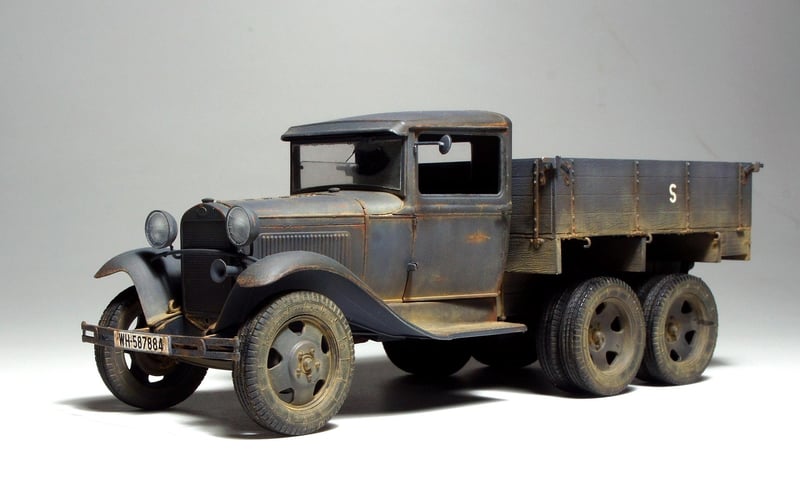World Wars
Exploring the Impact of World Wars on History
World Wars I and II have left a lasting impact on global history, shaping the world as we know it today. Let's delve into the significance of these monumental events and their aftermath.
World War I

World War I, which lasted from 1914 to 1918, was known as the "Great War" due to its unprecedented scale and impact. It resulted in the fall of empires, the redrawing of national boundaries, and the loss of millions of lives. The war also led to advancements in technology and warfare tactics.
Key Points:
- Assassination of Archduke Franz Ferdinand triggered the war
- Trench warfare characterized the conflict
- Treaty of Versailles ended the war but sowed seeds for World War II
World War II

World War II, spanning from 1939 to 1945, was the deadliest and most widespread conflict in history. It involved major world powers and resulted in immense destruction, including the Holocaust and the use of atomic bombs on Hiroshima and Nagasaki.
Key Points:
- Rise of totalitarian regimes like Nazi Germany and Imperial Japan
- Allied Powers (including the US, UK, and Soviet Union) fought against the Axis Powers
- Formation of the United Nations after the war to promote peace and prevent future conflicts
Both World Wars have shaped modern geopolitics, economies, and societies. The lessons learned from these conflicts continue to influence global decision-making and international relations.
Exploring the past helps us understand the present and navigate the complexities of our world today.
